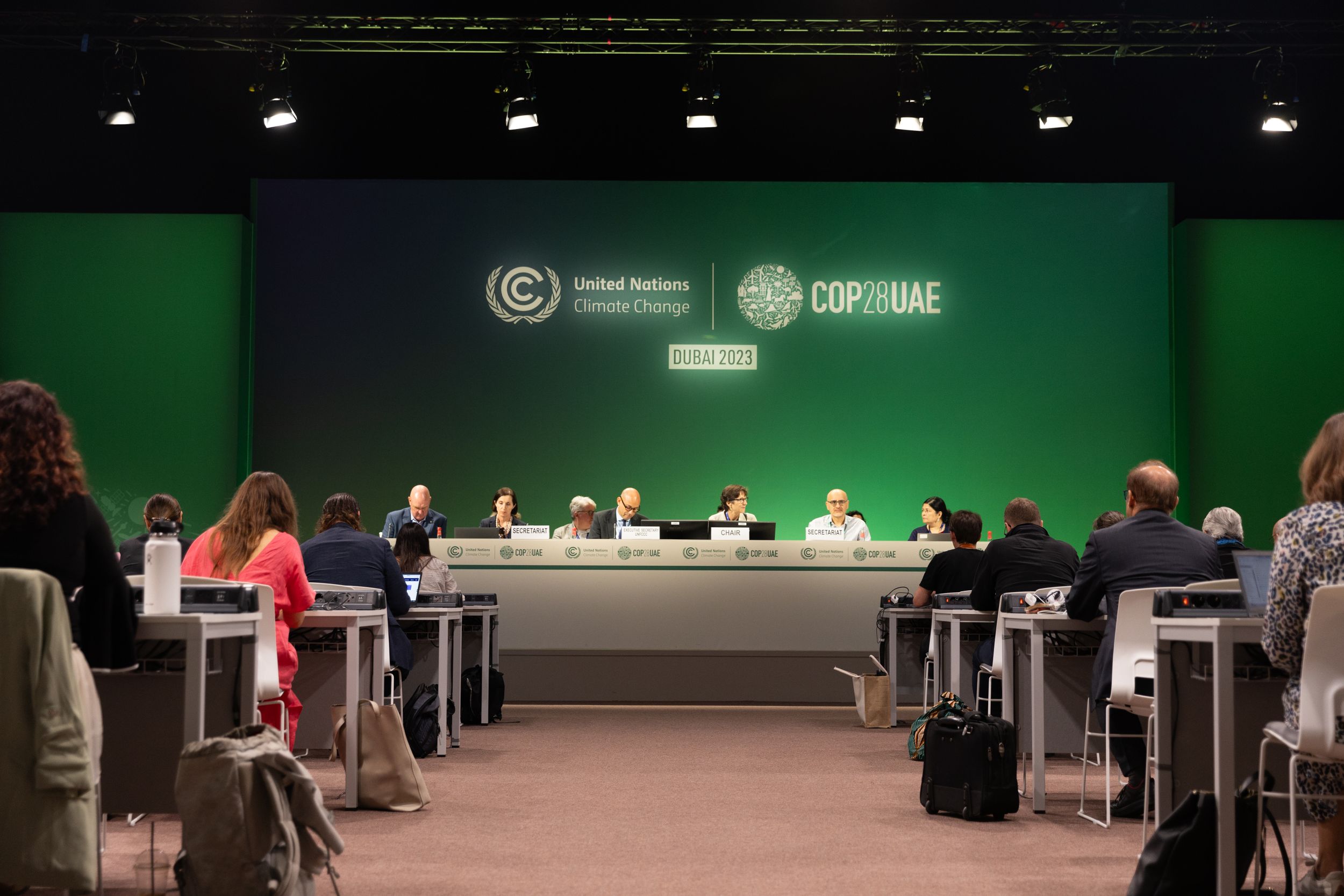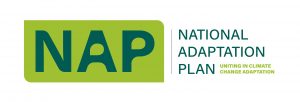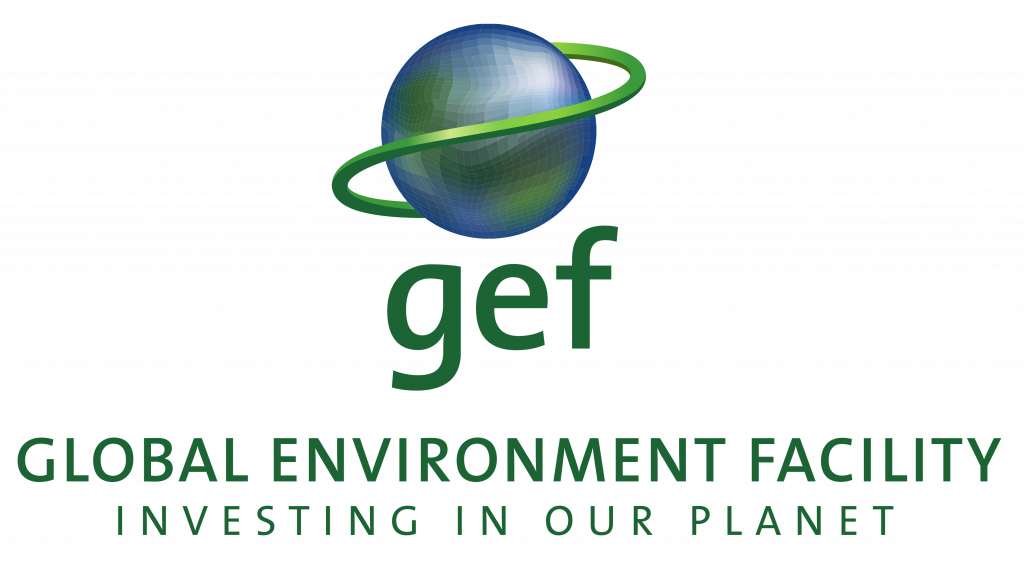The UNFCCC, established in 1992, provides a legal framework for international cooperation to combat climate change. The COP, or Conference of Parties, brings together states, regional organizations, and non-state actors to address climate change. The 28th meeting of the COP, COP28 UAE, aims to keep Earth’s temperature increase below 1.5C. The global stock take emphasizes reducing emissions by 22 giga tons before 2030 to archive this ambition. The COP is responsible for the Paris Agreement, a legally binding international treaty on climate change.
Four key areas are a focus of COP28’s Action Agenda:
- Fast-tracking a just and orderly transition
- Fixing climate finance
- Focusing on nature, lives and livelihoods
- Fostering inclusivity for all
COP28 Africa Agenda
The COP27 of the UNFCCC that took place in November 2022 in Sharm El Sheikh, the focus of the Presidency, developing countries, including those of Africa, was based on enhancing the implementation of the UNFCCC and the Paris Agreement. However, recalling from the results of COP27 for Africa; here are some results but not limited to: a fundamental discovery in the loss and damage ,where the COP came to a consensus on new funding arrangements in order to support developing countries in addressing loss and damage, including by establishing a loss and damage fund. The fund is expected to provide financial support to developing countries that are vulnerable to the impacts of climate change. COP27 also discovered the importance of Parties to push for reforms to make multilateral development banks (MDBs) align their lending and investment portfolios with the goals of the Paris Agreement.
During his speech at COP 28, King Letsie III indicated that he had released a position paper titled “From Commitment to Action – Integrating Nutrition Financing in the Climate Change Framework.” This paper emphasizes on the importance of incorporating nutrition financing into the climate change framework in order to address the worldwide impact of climate change on essential food systems. The report emphasizes the link between climate change and nutrition, proposing for the strategic use of climate finance to support sustainable, healthy, and equitable food systems. Importantly, the report indicates a shift towards sustainable, climate-resilient, and healthful diets in order to reduce health and climate-change costs while strengthening food security.






